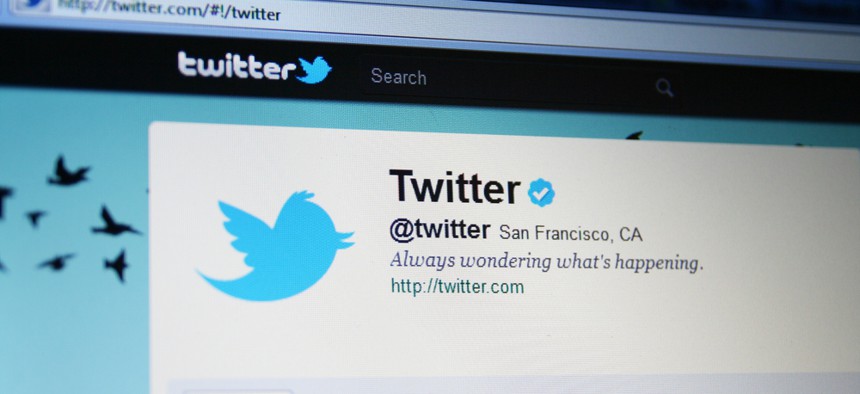Tennessee City Bans Negative Social Media Comments

Annette Shaff / Shutterstock.com

Connecting state and local government leaders
The sweeping new policy impacts anyone involved with city government from elected officials to employees to volunteers to vendors.
Earlier this month in South Bend, Indiana, members of the city’s Common Council approved a controversial new policy that would impact the social media activities of elected councilmembers, specifically “how members should be presenting themselves as elected officials and representatives of South Bend,” according to the South Bend Tribune.
The approved policy only covers the official social media accounts of the councilmembers but not their personal accounts, as long as those personal accounts make no mention of their formal titles.
If any are any lingering complaints about the new policy from South Bend councilmembers, they should be fortunate they don’t represent the city of South Pittsburg, Tennessee.
Elected officials in that city, located near Chattanooga, recently passed a far more sweeping social media policy that bans essentially anyone affiliated with the city from posting negative comments about the city or anyone associated with the city government on their social media accounts.
According to the Times Free Press:
It applies to all city elected representatives, appointed board members, employees, volunteers, vendors, contractors and anyone associated with the town in an official capacity who uses social networks.
The city attorney said the policy’s intent was not to muffle free speech. “What this policy tries to do is reconcile that right with other rights,” Billy Gouger said, according to the newspaper. “It does, to some extent limit your ability to criticize or comment in an official capacity.”
South Pittsburg’s new policy is raising some eyebrows.
According to independent journalist Ben Swann’s news site:
Banning elected officials from making negative comments about the city or other elected officials seemingly transfers significant power to an administration backed by a majority, as dissenters, such as [Commissioner] Paul Don King in this case, could in the future be accused of violating the rule while advocating policy positions on social media websites like Facebook and Twitter.
Swann’s site also notes that city employees could be prevented from “commenting on their consumer experiences with private businesses that incidentally have contracts with the city.”



